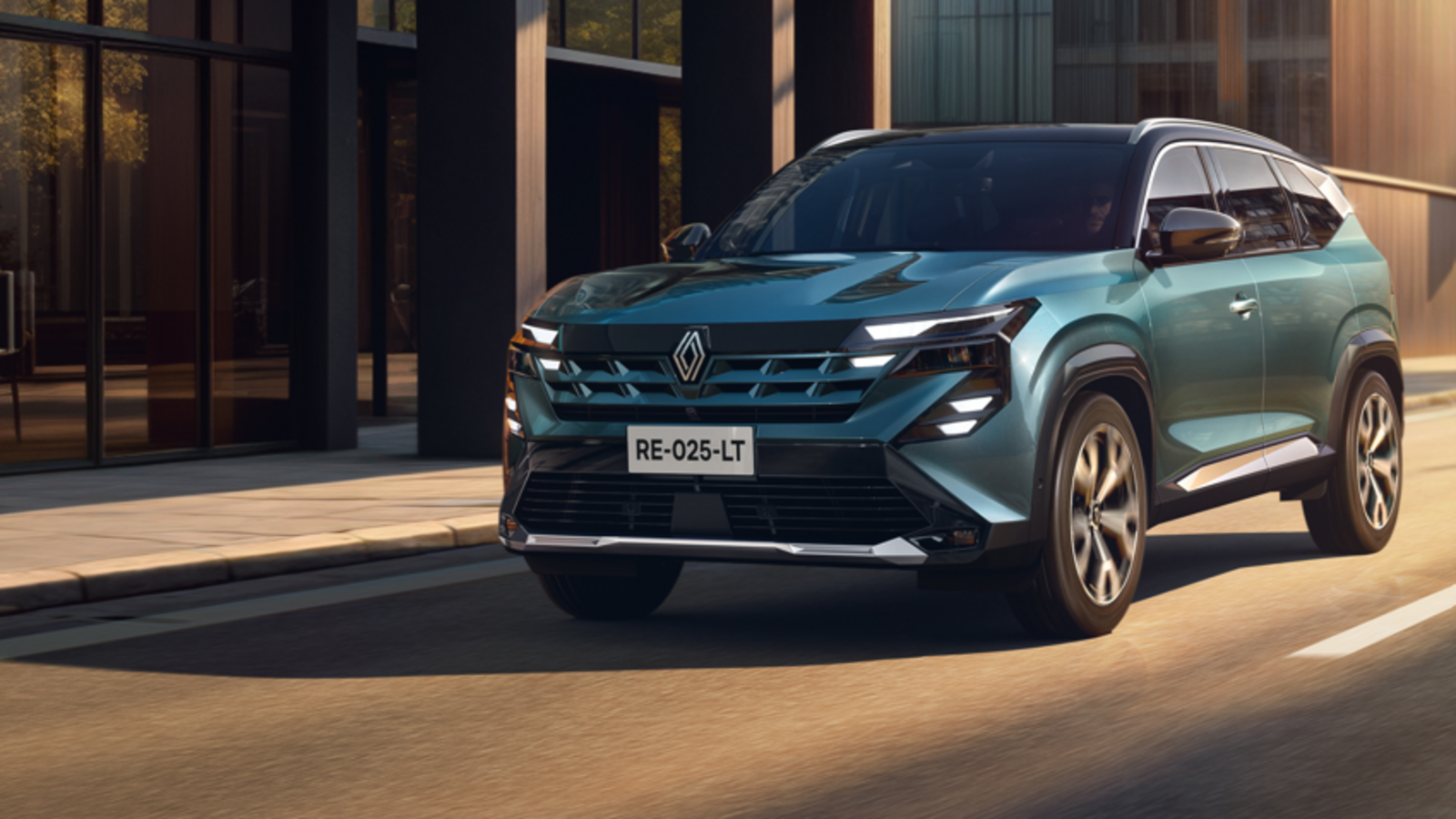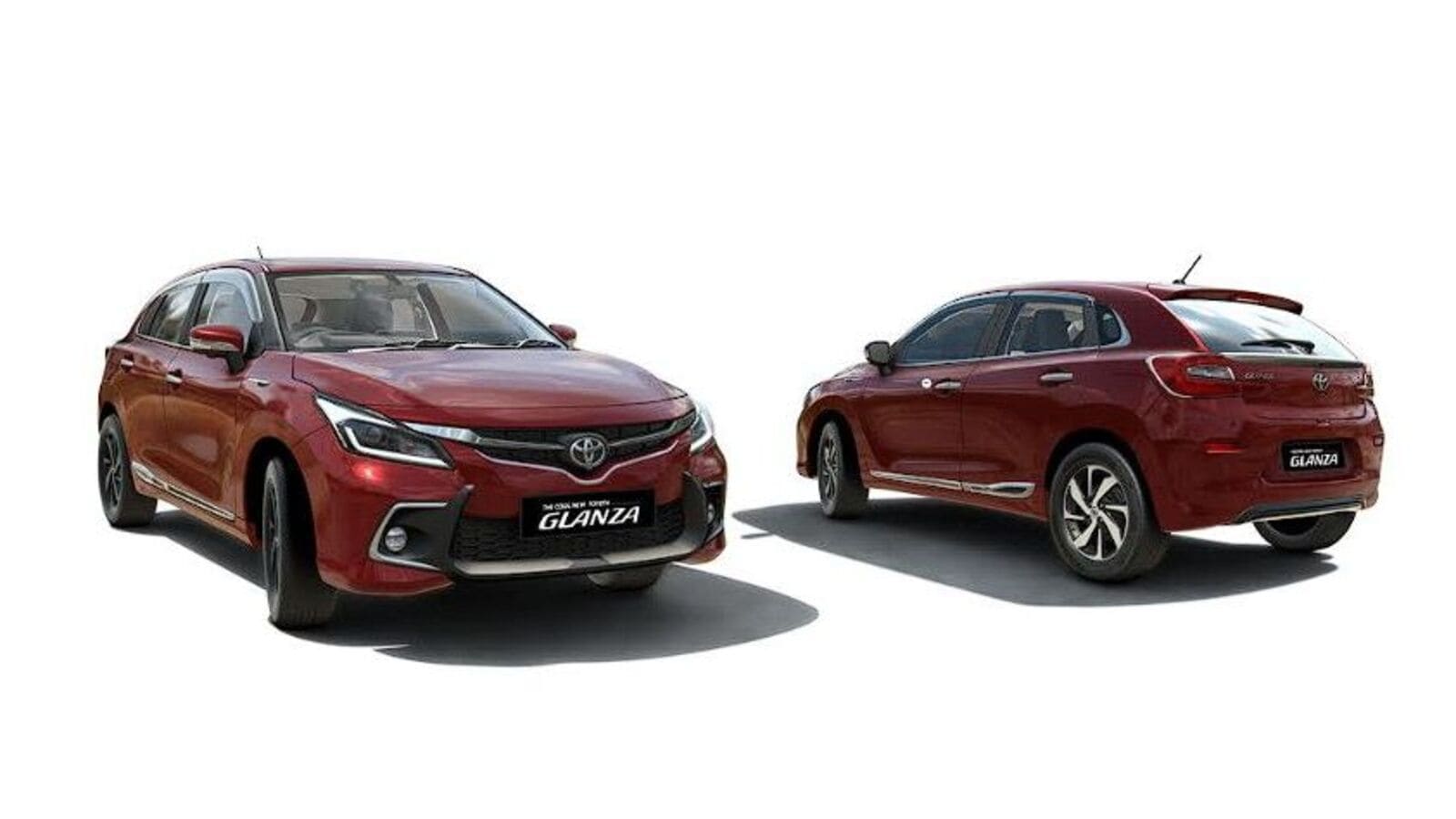CATL is doubling down on its global expansion efforts as it seeks more growth in overseas markets. With CATL’s chairman now leading the efforts, the company is making overseas growth a top priority as it outgrows China’s surging EV market.
After installing nearly 300 GWh of batteries in 2023, up 41% year-over-year, CATL was the top power battery maker.
Last year, the world’s largest EV battery maker, CATL, had a 36.8% share of the market. It was also the only manufacturer with a +30% share. Despite incoming competition, CATL’s market share grew from 36.2% in 2022.
However, as CATL outgrows China’s surging EV market, the company is looking overseas for growth.
According to local media reports (via CnEVPost), CATL is adding two new overseas plants as it looks to expand beyond its domestic market.
The news comes as CATL expects less growth in China as new, smaller suppliers enter the market. CATL’s growth in China is mainly impacted by the country’s NEV growth rate (including hybrids) and rival BYD’s growth.
Although higher NEV sales typically equate to more growth for CATL, rival BYD is quickly gaining market share, negatively impacting CATL.
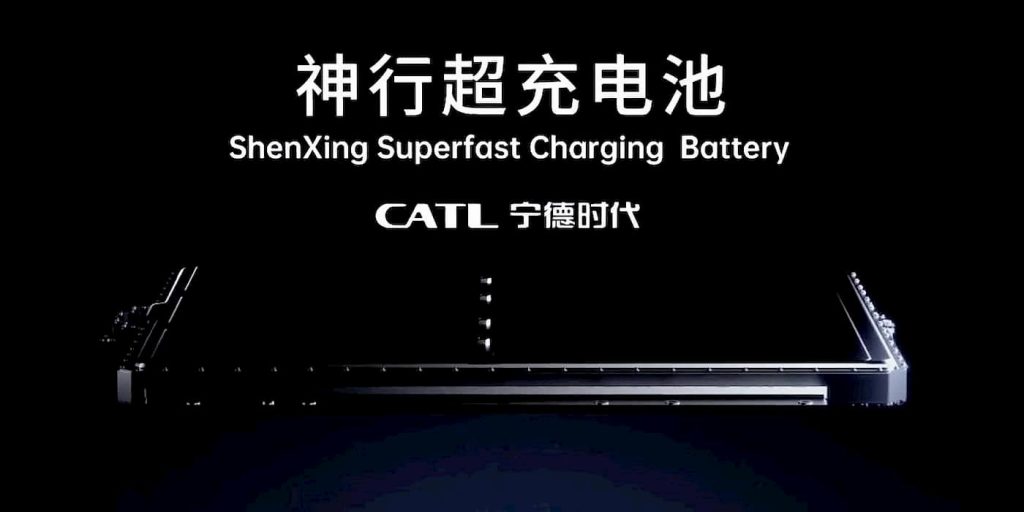
CATL is accelerating its global expansion plans
CATL is adding two new factories to its previously announced six, according to local media firm LatePost.
The two new factories will be in addition to CATL’s plans for six overseas factories already announced: Germany, Thailand, Hungary, Indonesia, and two in the US (with Ford and Tesla).
Robin Zeng, CATL’s president, is now in charge of the company’s overseas offensive. Four co-presidents report to Zeng: Tan Libin (in charge of overseas sales), Huang Siying (overseas infrastructure), Feng Chunyan (overseas base operations), and Zeng Rong (overseas procurement).
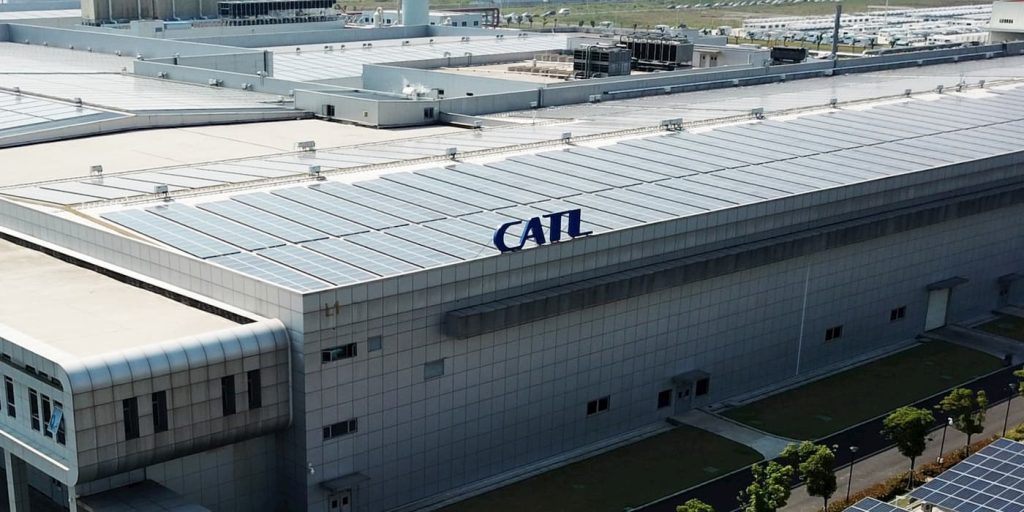
According to the post, CATL’s next plant will be in Spain as a joint venture with Stellantis. It’s also considering a fully owned battery cathode materials facility in Morocco, which would supply its European battery plants.
CATL is also looking to fuel its global growth through licensing its technology. The company has been in talks with around 10 OEMs to license its tech.
Last month, a CarNewsChina report claimed General Motors was in talks with CATL to license its LFP battery tech.
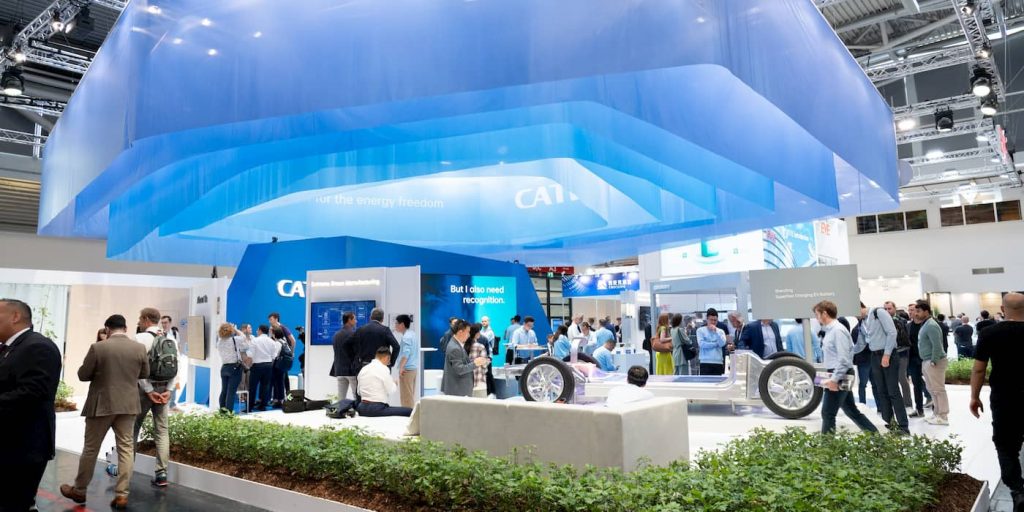
The plans reportedly included a joint North American factory to build the batteries. Although no details were offered, the report said it would likely be similar to Ford’s $3.5 billion investment to build an LFP battery plant with CATL in Michigan.
A separate report from LatePost earlier this year claimed CATL reduced the cost of its batteries to 400 yuan ($55) per kWh, compared to 600 yuan ($83) per kWh for NCM batteries.
With nearly one in three cars expected to be electric by 2030, CATL still has a lot more room for growth.
FTC: We use income earning auto affiliate links. More.



